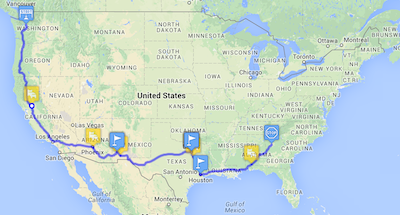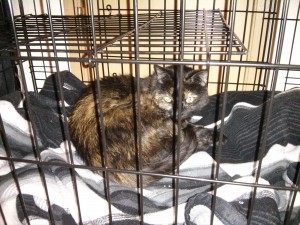Gratitude to Cecily Walker and Kelly McElroy for calling us together for LIS Mental Health Week 2016.
Pondering my bona fides. I will say this: the black dog is my constant companion. I cannot imagine life without that weight.
I am afraid to say more too openly.
I will deflect, then, but in a way that I hope is useful to others.
Consider this: I am certain, as much as I am certain of anything, that my profession has killed at least three men of my acquaintance.
A mentor. A friend. A colleague who I did not know as well as I would have liked, but who I respected.
All of whom were loved. All of whom had the respect of their colleagues — and the customers they served.
All of whom cared, deeply. Too much? I cannot say.
I have been working in library automation long enough to have become a member of that strange group of folks who have their own lore of long nights, of impossible demands and dilemmas, of being at once part of and separate from the overall profession of librarianship. Long enough to have seen friends and colleagues pass away, and to know that my list of the departed will only lengthen.
But these men? All I know is that they left us, or were taken, too soon — and that I can all too easily imagine circumstances where they could have stayed longer. (But please, please don’t take this as an expression of blame.)
I am haunted by the others whom I don’t know, and never will.
I cannot reconcile myself to this. If this blog post were a letter, it would be spotted by my tears.
But I can make a plea.
The relationship between librarians and their vendors is difficult and fraught. It is all to easy to demonize vendors — but sometimes, enmity is warranted; more often, adversariality at least is; and accountability: always. Thus do the strictures of the systems we live in constrain us and alienate us from one another.
At times, circumstances may not permit warmth or even much kindness. But please remember this, if not for me, for the memory of my absent friends: humans occupy both ends of the library/vendor relationship. Humans.



